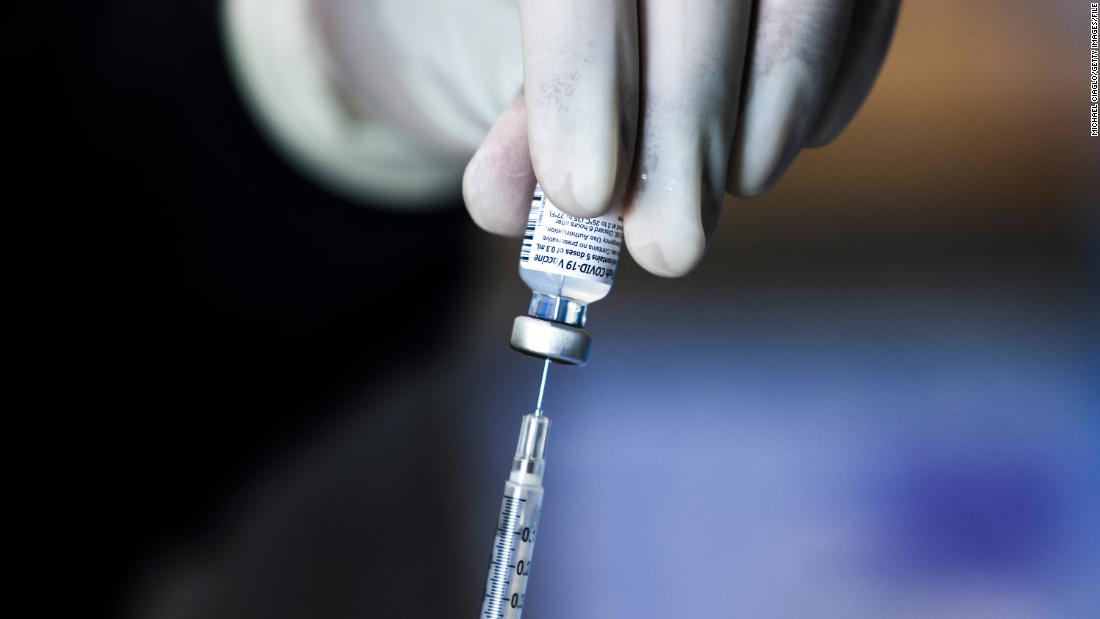Fraudsters are promising early access to vaccines or even a personal shipment of vaccines – at a cost, of course. But their offers are not legitimate, and those they cheat can end up with their exposed personal information and stolen money without ever receiving the vaccine.
Conclusion: If you send a communication about vaccines that look suspicious, check with your local health department. Do not provide personal information, such as your bank account information or Social Security number, when asked by someone you do not know – no health department or vaccination location would require this information in order for you to be vaccinated. And you should only be vaccinated at authorized vaccination sites.
You will not have to pay to receive the Covid-19 vaccine when it is your turn. If you are asked to pay or provide private information, this is not legitimate.
HIT: You have early access for a fee
If you receive an offer to get your Covid-19 vaccine in advance for a fee, ignore it. No health department or vaccination facility would vaccinate someone ahead of schedule if they paid for it.
HIT: You said to pay to put your name on a waiting list
HIT: You are asked to schedule appointments through unverified platforms
Unless you are sure that your local health department is scheduling vaccination appointments at Eventbrite or similar platforms, you should avoid registering on sites not affiliated with your health department or pharmacy.
It is best to schedule an appointment at your local health department or pharmacy.
HIT: You said to pay for the vaccine to be sent to you
Vaccine dispensers do not send doses of the vaccine to individuals and you should not administer the vaccine to yourself. You should only receive the vaccine at authorized vaccination sites, which can be found at your state’s health department or at the CDC.
HIT: You must do additional tests before receiving a vaccine
How to avoid being cheated
Staying vigilant and informed is the best way to prevent scammers from accessing your money or private information.
It is best to contact your doctor directly to obtain the facts, rather than just interacting with an unknown person by email or text. A legitimate source is unlikely to ask you to pay for a vaccine or visit a problematic link.
If an unknown source asks for your Social Security number, bank account information or insurance identity, do not provide it to them unless you have verified your identity with an official source, such as your health department or health provider.
There are a few places where you can report vaccine scams:
- ReportFraud.ftc.gov from Federal Trade Commissions, which shares information with authorities
- FBI guidance line, at tips.fbi.gov or 1-800-CALL-FBI
- HHS Inspector General’s Office at tips.hhs.gov or 1-800-HHS-TIPS
- Better Business Bureau scam tracker
